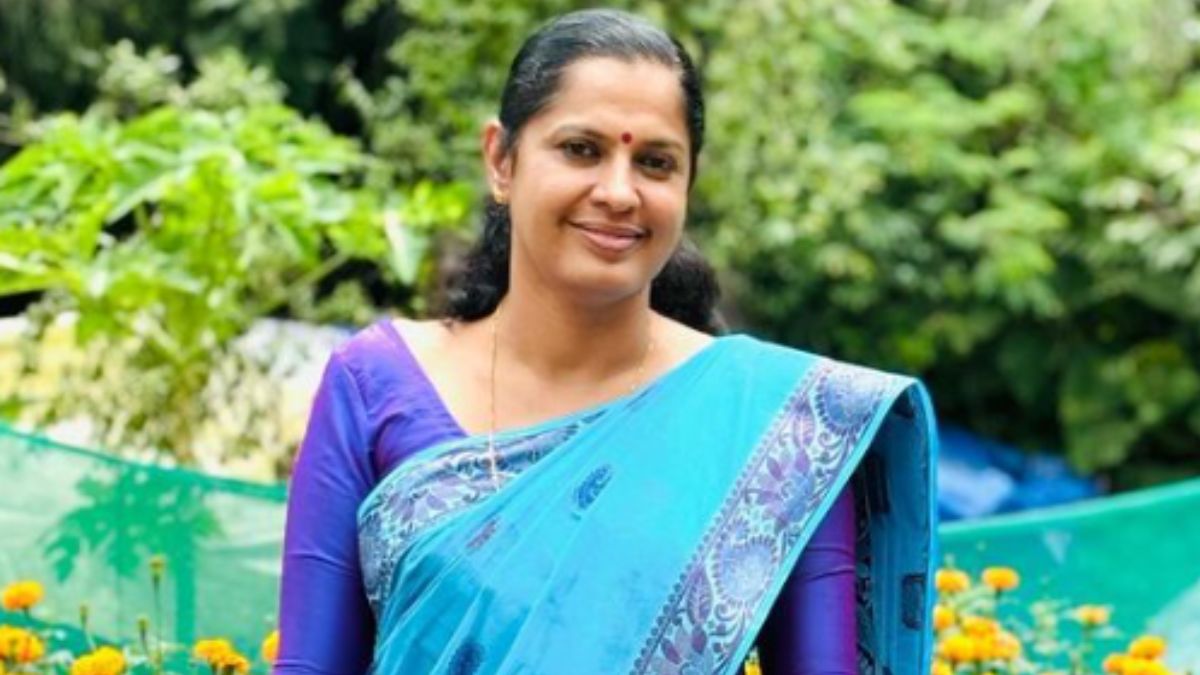The recent suicide of Naveen Babu, a former Additional District Magistrate (ADM) in Kannur, India, has led to the removal of CPI(M) leader PP Divya from her post as Kannur District Panchayat President. Divya’s alleged role in the events leading up to Babu’s death has sparked intense public scrutiny and a police investigation, highlighting the complex interplay between political accusations, alleged corruption, and the tragic consequences. The case raises important questions about accountability, the ethical responsibilities of public figures, and the need for a sensitive approach to investigations involving suicide.
The Events Leading to Naveen Babu’s Death and PP Divya’s Removal
The Farewell Party Accusation
Naveen Babu, an ADM in Kannur, was transferred to his home district, Pathanamthitta, for the final months of his government service. A farewell party was organized, attended by his colleagues including District Collector Arun K Vijayan. During this party, CPI(M) leader PP Divya, allegedly without an official invitation, accused Babu of corruption. These allegations, reportedly made publicly at the farewell event, appear to have significantly impacted Babu.
The Aftermath and Police Investigation
Following the accusations, Naveen Babu was found dead by hanging in his quarters. This tragic event immediately brought scrutiny upon Divya and her actions at the farewell party. The police subsequently registered a First Information Report (FIR) against Divya under section 108 (abetment to suicide) of the Bharatiya Nyaya Sanhita (BNS), a non-bailable offence carrying a potential 10-year prison sentence. The accusations against Divya triggered intense political pressure, placing the CPI(M) in a difficult position.
PP Divya’s Response and Removal from Office
Divya’s Statement and Resignation
Facing serious allegations and a police investigation, Divya released a statement expressing sorrow over Babu’s death, offering condolences to his family, and pledging cooperation with the authorities. While maintaining her innocence and promising to prove it through legal channels, she acknowledged the potential harm caused by her comments at the farewell meeting. Divya also stated that her criticism was intended to address concerns about corruption, but that her approach at the farewell meeting was inappropriate. Ultimately, recognizing the gravity of the situation and the ongoing investigation, Divya submitted her resignation as District Panchayat President.
CPI(M)’s Decision
Following the police investigation and Divya’s statement, the CPI(M)’s Kannur District Secretariat officially removed her from her position as District Panchayat President. The party’s decision emphasized the seriousness of the accusations and the ongoing investigation, indicating a desire to uphold their party’s reputation. Divya’s replacement was announced as advocate K K Ratnakumari. The swift removal shows the CPI(M)’s attempt to maintain a stance of responsibility and accountability in response to the crisis.
The Broader Implications of the Case
The Role of Public Accountability and Ethical Conduct
This incident underscores the crucial need for ethical conduct and accountability among public figures. Divya’s actions, even if unintentionally contributing to Babu’s tragic end, highlight the weight of public influence and the responsibility that comes with a position of power. While she voiced concerns about alleged corruption, the context and manner of her allegations have resulted in serious consequences. The case raises essential questions about the appropriate methods for addressing perceived corruption.
Implications for the CPI(M) and Public Trust
The incident carries implications for the CPI(M) party’s image and public trust. The party’s prompt actions show a desire to manage the potential negative publicity and demonstrate a commitment to accountability. However, the fallout underscores the complexities of managing such events within a political landscape. This particular case further emphasizes the delicate balance between raising corruption concerns and respecting due process.
Conclusion and Takeaway Points
The death of Naveen Babu and the subsequent removal of PP Divya present a complex situation. While it highlights the vital need to address corruption concerns transparently, it equally emphasizes the significance of respecting individuals and ensuring the integrity of the investigative process. This event serves as a critical reminder of the considerable influence held by those in public life, emphasizing the importance of ethical conduct, sensitive communication, and a commitment to fair procedures.
Takeaway Points:
- The tragic death of Naveen Babu highlights the serious consequences that can arise from public accusations and the potential for unintended consequences.
- The incident raises vital concerns regarding responsible and ethical conduct among public figures.
- The quick action of the CPI(M) showcases a commitment to transparency but also presents a challenge in maintaining internal party cohesion and public credibility.
- This event urges a comprehensive reevaluation of communication strategies and mechanisms for addressing issues of alleged corruption, balancing concerns about ethics with due legal processes.




